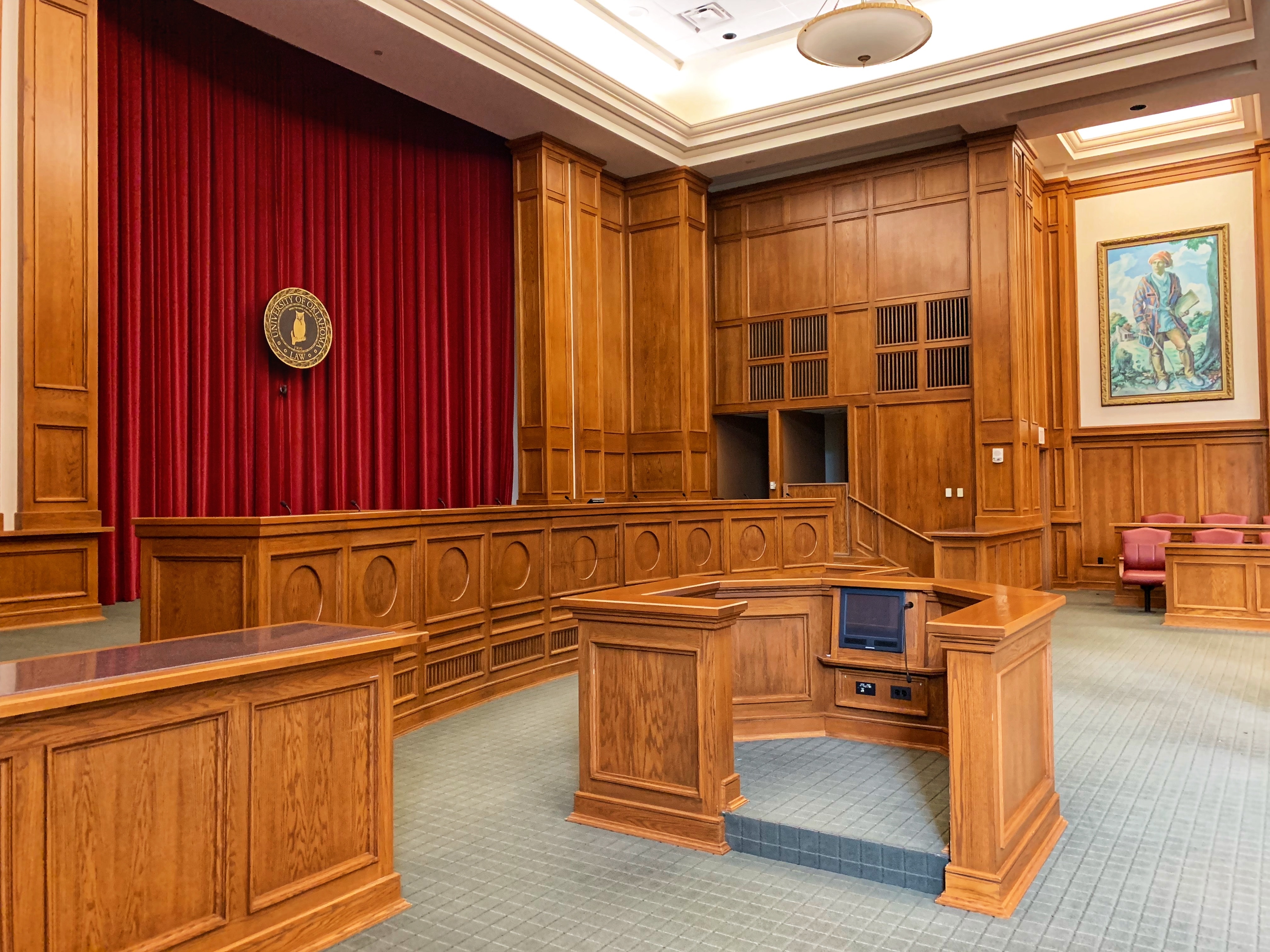Attorney, legal adviser, judge – we explain the most important differences between the popular legal professions. Due to the fact that there are quite a lot of legal professions in Poland, many people have a huge problem with which legal profession to go to in the event of any legal problems. We have prepared this article for all these people. In it, we explain the differences between the most popular legal professions and advise who to go to in certain life circumstances. We cordially invite you to read carefully!
Legal professions – the most important information
Legal professionals are extremely important for the functioning of the whole society. They operate basically between the law and society. Their primary role is to help people achieve various goals. The special social position of lawyers also makes this professional group very specific in many respects. Lawyers are very often called a kind of interpreters of the law . They have to lead citizens through the thicket of inaccurate and incomprehensible legal regulations in such a way that they understand them as soon as possible and are able to act in accordance with them.
Who is the judge?
Judges are persons appointed to perform tasks in the field of justice. The task of the judge is to settle disputes and to impose penalties on behalf of the Republic of Poland. The courts in our country have a full monopoly on the administration of justice. In the exercise of judicial power, judges are 100% independent and independent. No one has the right to control their judgments. Judges are subject only to the constitution and laws. The best-known duty of a judge is, of course, to attend court hearings as chairman. The judge may preside over court hearings, admit various types of evidence, evaluate the evidence in individual cases, and pass appropriate judgments.
Who is an attorney?
Attorneys are people who provide legal assistance. Legal assistance consists of providing legal advice, drawing up various legal opinions, drafting legal acts, drawing up and evaluating civil law contracts and analyzing contractual clauses. Attorneys can also prepare lawsuits in civil cases, i.e. those that relate to damages, compensation and real estate. In addition, they can also represent clients in family matters – e.g. divorces, alimony. Thanks to the power of attorney obtained from the client, the lawyer can appear before courts and public authorities. He is also authorized to negotiate on behalf of the client.
The subjective and objective scope of the advocate’s powers is in no way limited by the provisions of law. In the performance of their duties, advocates are solely responsible for laws and the Polish constitution. A lawyer may act as a representative in criminal cases or as a defense attorney. Lawyers must be guaranteed a completely free and unhindered functioning and undertaking of activities. For this to happen, they are subject only to the laws and the constitution in the performance of all their duties. In this way, lawyers are excluded from the influence of any external factors and instructions regarding the conduct of individual cases. This applies to instructions and pressure from both central and local administration institutions, as well as judicial authorities or the prosecutor’s office. All attorneys emphasize that advocates’ confidentiality is extremely important. The subject of such secrecy is absolutely all lawyers – not only those lawyers appearing in courts in criminal cases. It is worth knowing that even resignation from practicing the profession of an advocate in no way releases him from the obligation to maintain professional secrecy. This obligation is not limited in time. All materials contained in the files of the case conducted by the lawyer are also confidential. All persons cooperating with and employed by a lawyer must also remember about the observance of the advocate’s confidentiality.
The lawyer must also ensure that the law is never used in practice in whatever way he chooses. A lawyer must always be honest with full conscientiousness and comprehensive knowledge. They should not succumb to any pressure or influence from influential third parties. From a practical point of view, a lawyer should make maximum use of the available gaps in the applicable legal system in the interest of his client and use the available range of tools to best protect his interests. An advocate cannot independently repair the system or the law itself or correct the intentions of the legislator. His task is to use all available means of legal protection to the maximum in such a way that it is beneficial to the person who turned to him. A lawyer must defend a specific person – also against institutions and bodies of state and local government administration. It is worth knowing that the professional title “advocate” is also protected by law.




